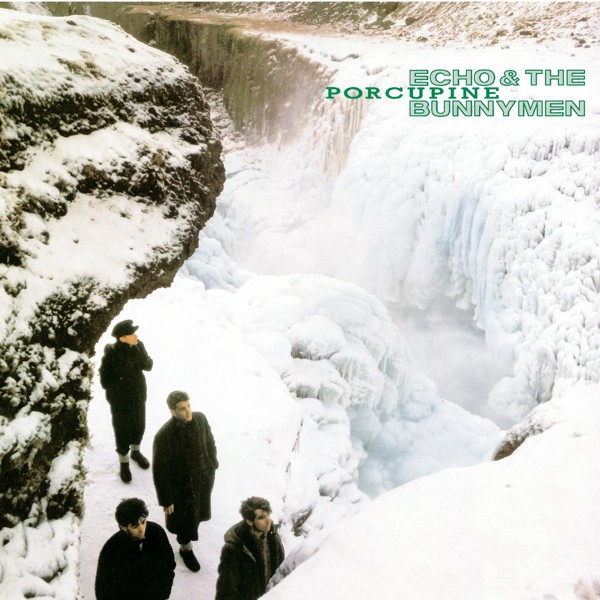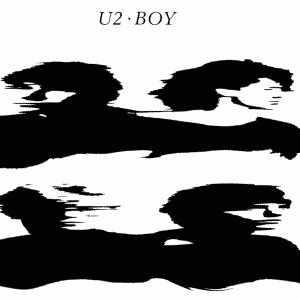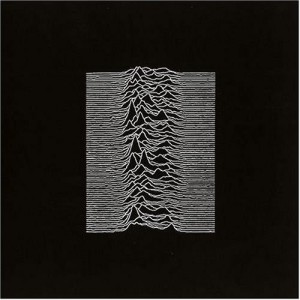Echo & The Bunnymen : Porcupine

The third effort from the most famous Liverpudlians of the ’80s is a definitive record in the development of alternative rock. It’s epic, psychedelic, yet harbors an aesthetic darkness one would find in their post-punk peers, like Joy Division or The Psychedelic Furs. Along with U2, Echo & the Bunnymen would set a standard for tempering the grandiose. Porcupine deserves the company of Urban Hymns, A Rush of Blood to the Head, and The Bends. Ian McCulloch instills a knowing sarcasm into dizzy proclamations with one of the best rock vocals ever, backed by an ambience of uneasy majesty.
“The Cutter” fuses latent post-punk and re-branded pop aesthetics up a peg. It’s anthemic but assured of nothing more than the future’s uncertainty, and an unquestionable ambition. The lyrical and musical content harks back to the point where The Beatles’ arrogance translated into brilliance, still familiar enough with reality to acknowledge it. Everyday images, sellotape, knives, and clasped fingers are cluttered “A Day in the Life” style, with a jittering buzz to rival Unknown Pleasures. “The Back Of Love” is a song “on the chopping block,” sound neutering itself in the most enthralling way possible. “My White Devil” ironically has the magic of Scary Monsters, that ability to collage unconventional sounds and nonchalantly offbeat lyrics (cribbing on Webster’s bloody vengeance) into something enduringly palatable.
It’s probably no coincidence that Ian Broudie, one of the best pop arrangers the UK has produced, sat in the production chair on the album. “Clay” still sounds more modern than most music in 2006. It’s almost Sinatra-sings-Dylan for nuclear bunker dwellers. The imagery is spot on. To ask “isn’t it nice when you’re heart is made out of ice?” in a similar tone to “cheese with that?” is impressive. To sing it like you’re better than the rest is highly creditable. “Porcupine” could be the blueprint for The Coral’s (commendable) career, albeit separated sufficiently to push Martin Hannett from his magic carpet.
Elsewhere “Heads Will Roll” makes the band’s comparisons to U2 clear. It’s still that touch more brittle than guiding in its epic totality though. Sergeant’s guitar playing goes best with cantankerousness. “Ripeness” has the funk that P.I.L always wanted. “Higher Hell” anticipates the big picture swoon evoked by the Verve in the nineties. “In Bluer Skies” is a fitting endnote. It’s got the post-1978 rhythm without the contrived sense of dourness, which inevitably creeps in after a couple of bands do no smile well. Instead there’s an unashamed presence, more Rat Pack, Mackenzie, or Bowie. As something synthetic wanders onto the track, presumably from Wire’s 154, you realize that this is a band readily able to co-opt all manner of styles as they reach for the top.
The Bunnymen’s decision to keep things a little cynical, or at least sensible, despite making music to move mountains, has been a defining characteristic. They’ve never quite crossed over to super band status, and one senses that they couldn’t punch the air without a telling smile. Yet they’ve been up there, an available, endearing alternative on the festival and radio circuit. Both Chris Martin and a typical smirking independent critic would make a strong case for their existence. Porcupine embodies the things the Bunnymen do best. It’s a sound both widescreen and wistful, retaining some self-respect amidst the shamanism, careering through control and into the upper-middle echelons of the charts.
Label: Sire
Year: 1983
Similar Albums:




